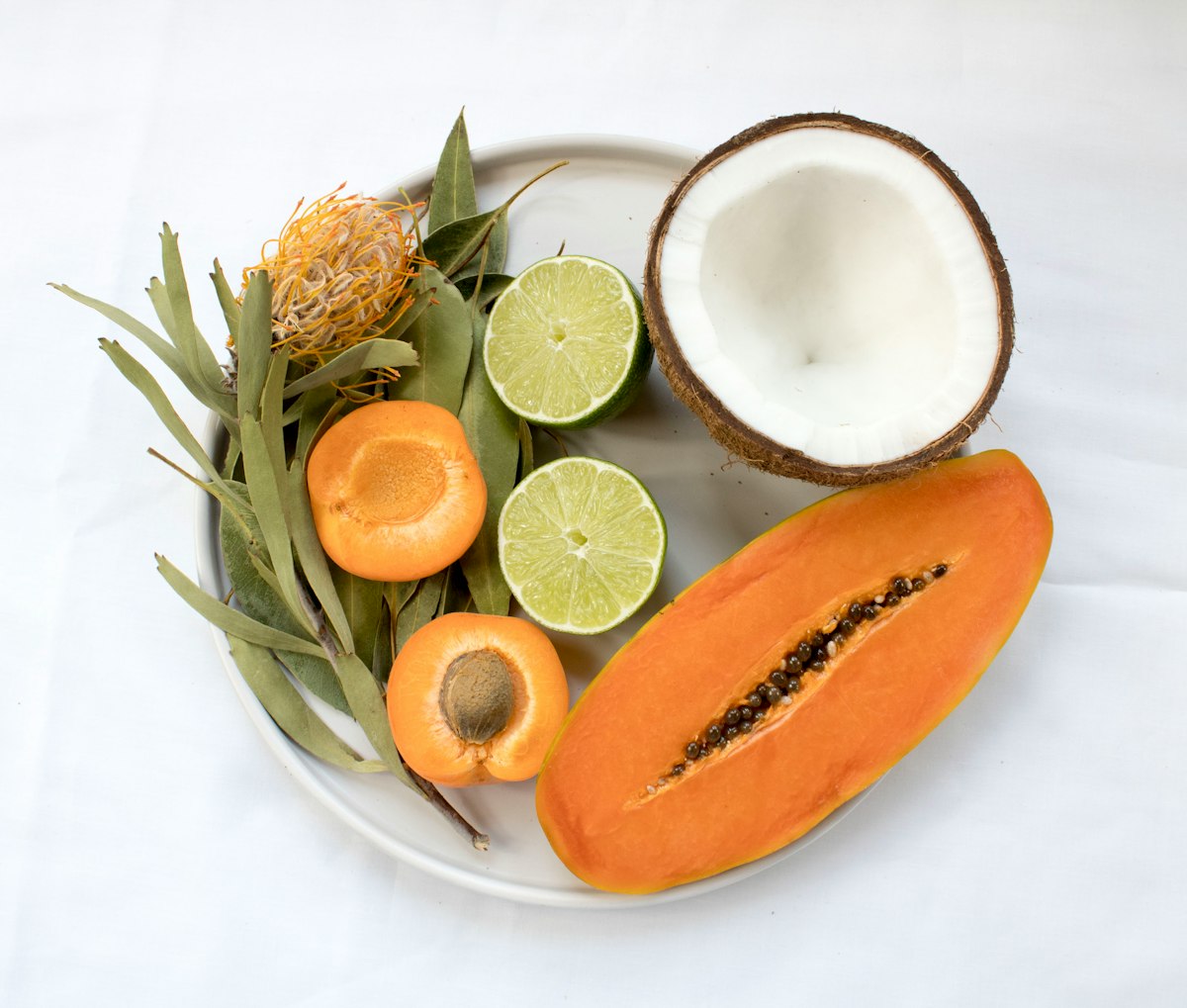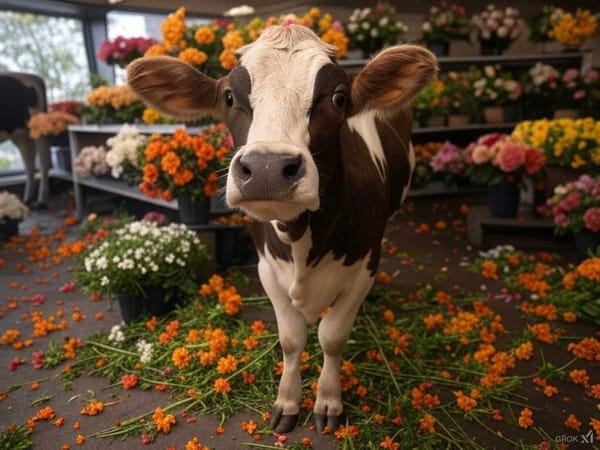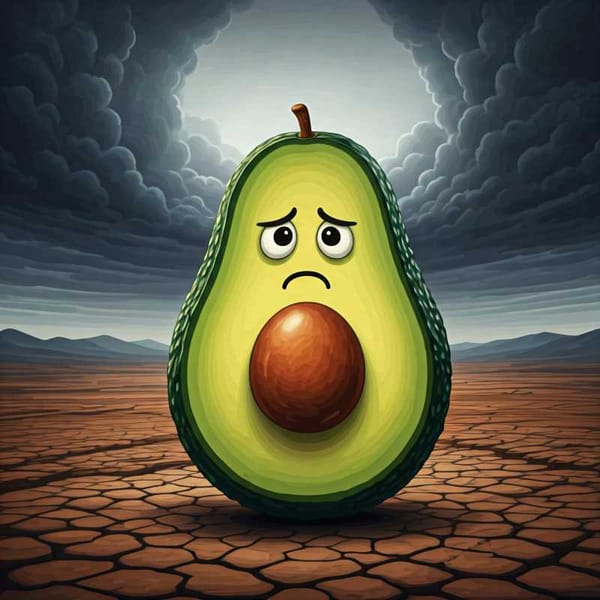Top five reasons to produce and consume organic food
This article describes five reasons for the importance of organic food production to grow healthy and nutritious products and enrich biodiversity.

This article describes five reasons for the importance of organic food production to grow healthy and nutritious products and enrich biodiversity.


Mexico's fight against human trafficking is hampered by a lack of specialized training for investigators, particularly in "psychology of testimony," says UNAM expert. This deficiency leads to contaminated evidence and hinders justice for victims.

Soil: not just dirt! Vital for food, water, and fighting climate change, says UNAM expert. Over-farming and deforestation are killing it. We need to cherish soil or face a planet-sized disaster.

Mexico's sugarcane industry thrives through remarkable cooperation between growers, millers, and industrialists, boosting yields and contributing to food sovereignty. Their success includes social security for all workers and innovation in producing sugar, biofuels, and rum.

In 1968, the Mexican army besieged Ciudad Universitaria, arresting 1,500+ students, teachers, and staff. 10,000 troops targeted the National Strike Council (CNH). The operation, involving the Olimpia Battalion and DFS (political police), led to imprisonment and disappearances.